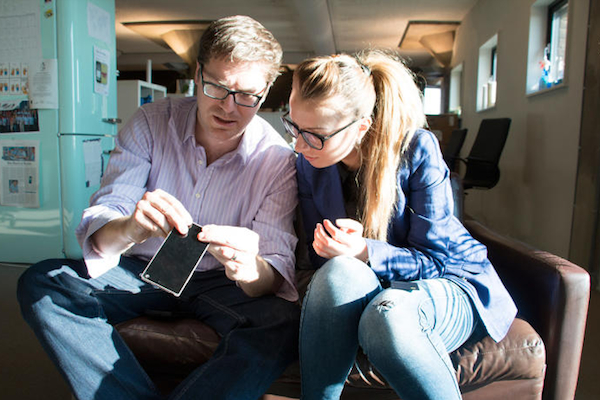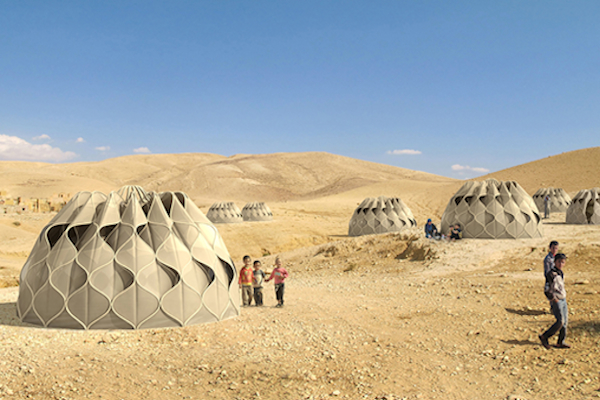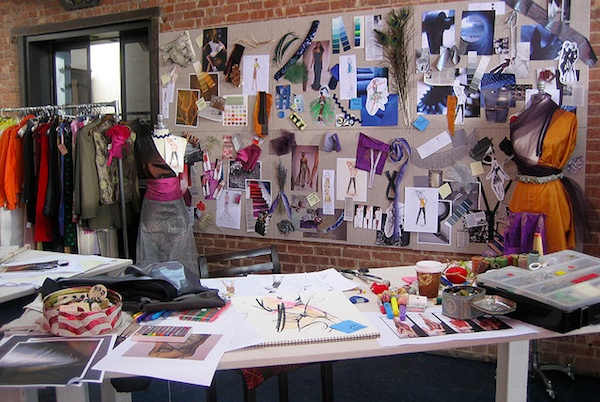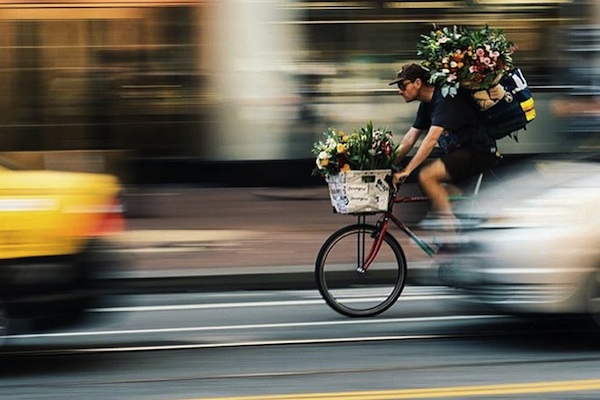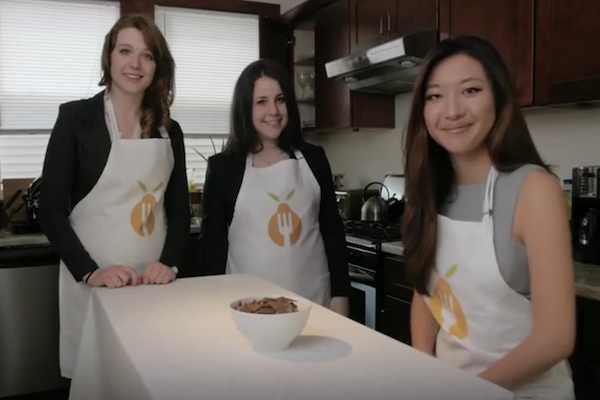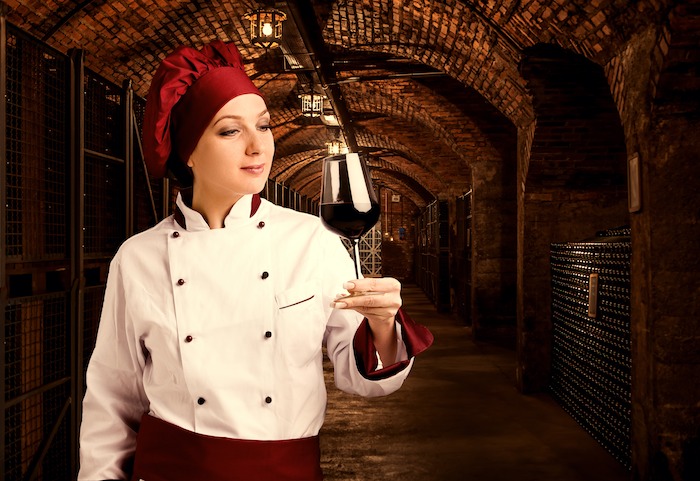Maybe you should reconsider that new iPhone. The Fairphone is a modular handset designed with repairability and ethical sourcing of its materials as headline features. It sold 60,000 units. Amazingly, for what sounds like a nerd-phone, almost half of those buyers had never owned a smartphone before. Now the Fairphone 2 is launching, and with a totally-new, in-house design. The new phone is even easier to repair, and because it was wholly designed by the FairPhone team, its supply chain is even more responsible than ever. The Fairphone is thicker than the latest iPhone or Samsung flagship, but that’s the point. Instead of packing everything into a tiny case and keeping it there with glue, the Fairphone is designed to be taken apart. The lightweight magnesium frame supports modules that can be easily replaced by the user. “We have designed it with an aim to last three to five years, looking at making it robust and modular—for repairability,” says Fairphone’s chief communications officer, Tessa Wernink. Obviously how long it lasts depends quite heavily on the user, so what we as a company are doing is offering an ecosystem around the phone that supports long-lasting use, first-hand or second-hand.” Inside the […]
Continue reading... →A sustainable tent that collects rainwater, folds up for easy transport and stores solar energy? Sounds visionary, right? This is the invention of Jordanian-Canadian architect, designer and artist Abeer Seikaly. Abeer Seikaly designed these amazing multipurpose tents with refugees in mind, people who have been displaced by global and civil war, climate change and more. Inspired by elements of nature such as snake skin and traditional cultural aspects such as weaving, nomadic life and tent dwellings, this weather proof, strong but lightweight and mobile fabric tent gives refugees shelter but also a chance to “weave their lives back together”. The flexible dual layer tent structure has the ability to close out the cold of winter and wet weather. It also opens up to allow cool air in and hot air out in summer. Rainwater is collected in the top of the tent and filters down the sides so the tent does not become flooded. The tent also has the ability to become a showering facility with water being stored in pockets on the side and drawn upwards via a thermosiphoning system providing basic sanitation. Solar energy hits the tent fabric and is stored in a battery for use at night […]
Continue reading... →The Ethical Fashion Forum wants to “do fashion better.” To achieve that, the London-based industry body is shoring up its arsenal of tools and services to help fashion professionals and businesses boost their sustainable and ethical profiles. The rebranded “Mysource”, which Ethical Fashion Forum founder Tamsin Lejeune describes as the organization’s “next phase,” will build on the current “Source” platform. One major improvement? A Match.com-style algorithm to pair users with people and resources best-suited to their needs, “so that fabric, manufacturer, market report, line sheet template, or business connection you were looking for will pop up straight away,” Lejeune explained. FASHION DONE BETTER Mysource will also rank users according to an “integrated bench-marking system” that includes social, environmental, and commercial criteria. “We’re working with partner organizations to make this as robust as it can be. The higher users are ranked, the more profile they get on the site,” said Lejeune. “So that small, Ethiopian shoe brand with a great product that is changing lives, could stand out to buyers and get extensive profile on the site.” But all these bells and whistles don’t come cheap. The Ethical Fashion Forum says it’s hoping to raise £400,000 through Crowdcube to take the […]
Continue reading... →Visit San Francisco, and you might see a bicycle whizzing past with dozens of bouquets. While receiving flowers always makes people smile, Farmgirl Flowers gives people even more reasons to smile—sustainable practices and American-grown flowers. Here, Farmgirl Flower founder Christina Stemble talks with Urban Farm about how she keeps her blooming business—now nationwide—in line with her mission of sustainability. How did Farmgirl Flowers get its start? I started Farmgirl Flowers about five years ago, in Nov. 2010, with an idea of how to change the way flowers are purchased in the U.S. I’d like to say I started the business because I have a passion for flower, but in truth it wasn’t a burning desire to work with flowers: It was a dream to start a business that did something good. When working at Stanford University as the director of alumni relations and campaign outreach for the law school, I noticed that the flowers we would order for events cost more than I thought they should. That led me to start researching the flower industry, which is when I found that it was a huge industry, but with a tremendous number of problems and very little innovation. So I set […]
Continue reading... →These contractors are taking the term “going green” quite literally. As part of an emerging trend here in the U.S., many buildings are incorporating the use of a hemp-based material to provide insulation. The brick, which is known as “hempcrete,” is made by mixing the wood-like interior of the Cannabis sativa plant with lime and water to form a block that serves as a flexible, breathable, and fireproof insulation that is impervious to mold and pests. For decades, because the plant contains trace amounts (.3%) of THC, the chemical found in marijuana, it has not been legal to grow in the US. Though it can be imported from Canada, builders might soon be able to use ‘Made in the USA’ plants, since the farm bill passed last year allowed a few hemp-farming pilot projects to launch. So far, 20 states have removed barriers to industrial hemp production. It could become even more widely applied if Congress passes the Industrial Hemp Farming Act, introduced early this year, which would amend the Controlled Substances Act to exclude industrial hemp from the definition of marijuana. This would allow American farmers in any state to grow the crop. The New York Times reported that hempcrete has […]
Continue reading... →Travelers from Los Angeles to San Francisco will have a lower carbon footprint this fall. Many other flights could soon follow. If you happen to get on a United flight from Los Angeles to San Francisco this fall, you might be traveling on leftovers from the farm. The airline will be the first in the country to start flying regular passenger flights on alternative jet fuel—in the case, made from a mix of non-edible oils and agricultural waste blended with traditional fuel. “We believe that one of our greatest opportunities to reduce the aviation industry’s environmental footprint is through sustainable alternative fuels,” says Angela Foster-Rice, United’s managing director for environmental affairs and sustainability. United flew the first biofuel test flight in the U.S. in 2009 (using algae), and the first commercial flight in 2011. The company signed an agreement with AltAir Fuels—the company supplying the new fuel to LAX—six years ago. But it’s only now that the biofuel industry is beginning to get to the point to supply regular flights. The challenges of scaling up have involved the cost alternative fuel feedstock and raising sufficient capital investments, Foster-Rice says. Over the next three years, United plans to buy 15 million […]
Continue reading... →A growing number of start-ups are finding an expanding market for an unlikely new protein. But is mainstream America finally ready for the six-legged food revolution?
Continue reading... →Women and wine go together like men and beer during the Super Bowl. Except with a lot less shouting and high-fiving. Perhaps it’s the relaxing sensuousness of opening and pouring a bottle, or maybe it’s the swirling and slow sipping that we love. Or maybe it’s just the fact that wine in all its varieties and styles is quite a fascinating, delicious, and beautiful part of the human experience. It’s not that women don’t love a good beer—we most certainly do. But wine is special. It can be sophisticated without pretention. It satisfies. It tells a story. And for women sommeliers, their story is only beginning to be told. A sommelier knows more about wine than most people will ever even think to ask. In our food and wine-pairing world, the wine expert is a necessity, of course. But master sommeliers are rare, women among the ranks, even more rare. That is now changing. In this enlightened era, only 32 of the world’s 229 master sommeliers—that’s just under 14 percent—are women,” reports Bloomberg. “Canada has two. Three-quarters of them ply their trade in the U.S.” Men have long dominated the sommelier industry, bringing an air of arrogant, snooty wine knowledge […]
Continue reading... →What if building codes actually required new projects to enhance a certain number of ecosystem services — such as sequestering carbon, building topsoil, enhancing pollination, increasing biodiversity or purifying water and air? Is it possible that a city could be functionally indistinguishable from the wild landscape around it? And what if companies ultimately built factories that truly enhanced ecosystem services? These were the big questions that biologist and biomimicry expert Janine Benyus posed during her keynote presentation at the recent International Living Future Institute’s 2015 unConference in Seattle.
Continue reading... →